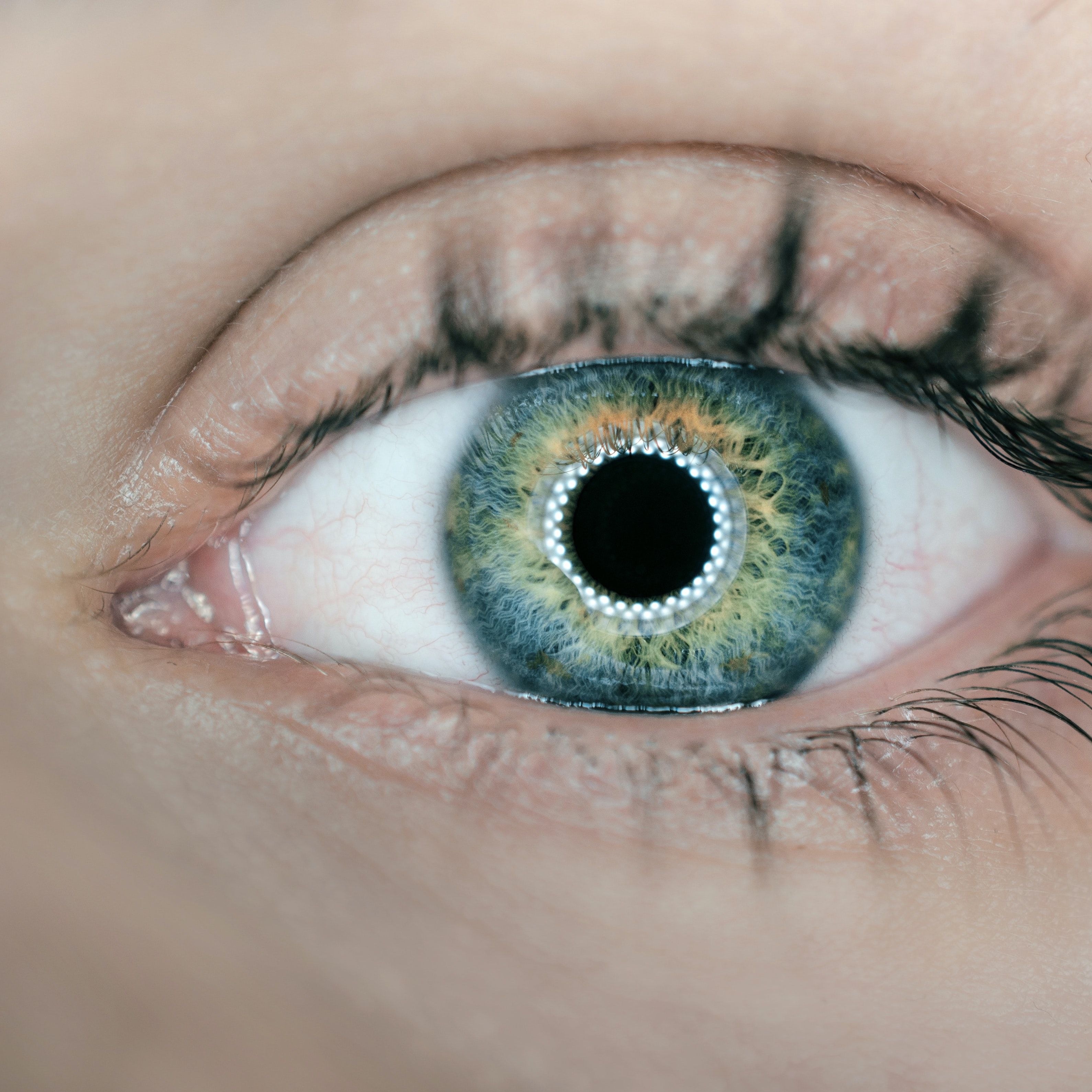Article
COVID-19 Delays in Retina Care Are Driving Worse Vision Outcomes
Author(s):
A greater rate of intravitreal injection appointments were delayed last year, causing worse patient scores in BCVA and OTC.

Increased delayed care for ophthalmic intravitreal injection therapy appointments, largely brought on by the COVID-19 pandemic, has negatively impacted patients’ vision outcomes in the US.
New findings presented at the American Society of Retina Specialists (ASRS) 2021 Scientific Meeting this weekend showed the rate of delayed care that included intravitreal injections increased by 17% during the pandemic. During that time, impacted patients’ eyes worsened on scores including best corrected visual acuity (BCVA).
Presented by William E. Smiddy, MD, Professor of Ophthalmology at the University of Miami, the research sought to determine the “secondary effects and associations with patients who delayed care for injection-based therapy during COVID-19 restrictions.”
Smiddy and colleagues conducted a cross-sectional, retrospective analysis of a single-provider outpatient clinic with varied satellite offices. Their observed population were patients receiving intravitreal care for an ophthalmic disease, with return visits being defined as either delayed or undelayed during a 6-week assessment interval during a period of the pandemic that included mandated prohibition of elective encounters.
Investigators defined treatment delays by when the intended follow-up interval was exceeded by 33%. Controls were identified from the previous calendar year of care. The team also assessed for patient BCVA and optical coherence tomographic (OTC) changes.
Their assessment included 183 eyes of 144 patients observed in the 6-week study period, compared to 193 eyes of 154 patients from the previous year. During COVID-19 care restrictions, the proportion of delayed-return visits were 32%, versus the previous year’s rate of 15%.
Smiddy and colleagues observed a BCVA decline of approximately 3 letters among patients to receive delayed care during COVID-19; another 48% of the same patient population reported worsened OCT results over time. Such patients were subsequently switched to more frequent intravitreal treatment intervals as a result of their worsened vision.
Reported reasons for delayed care included patient presumption that their care was mandated to be delayed during COVID-19, as well as their fear of receiving in-person care during the pandemic, among other reasons.
Investigators stressed that clinicians and practitioners should consider “optimizing messaging” in the event that future restrictions—in and out of COVID-19—limit patient access to care.
“The unintended consequence of delayed care of patients on established IVI-based care regimens was substantial and had moderately negative visual impact,” they concluded. “Regimens that are dependent upon regular follow-up visits are vulnerable to disruptions.”
The study, “Short-term Effects of COVID-19-Related Deferral of Intravitreal Injection Visits,” was presented at ASRS 2021.





